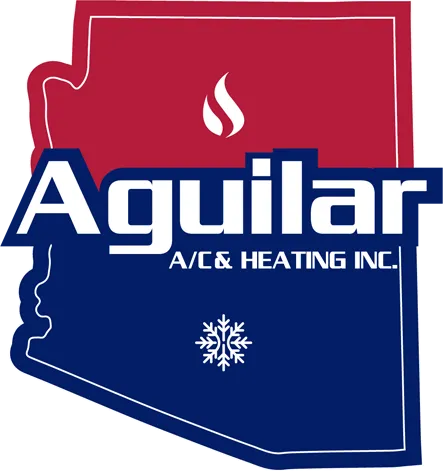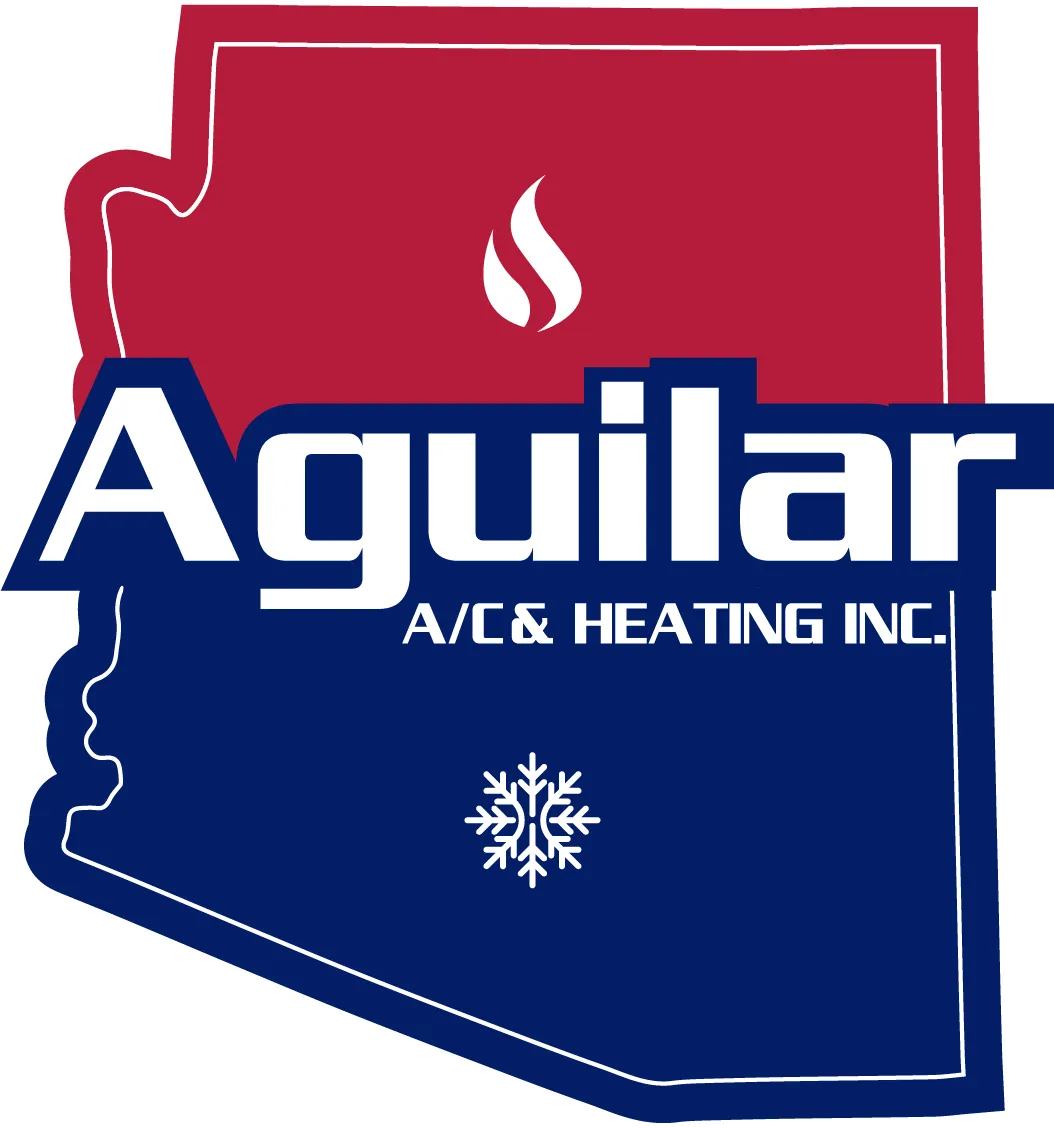Aguilar A/C & Heating
Blog

Emergency HVAC Tips: What to Do When Your System Fails at Night
Picture this: it’s 11 PM in Phoenix, the desert heat hasn’t let up, and suddenly your air conditioning stops working. The house is heating up fast, everyone is uncomfortable, and calling for service in the middle of the night feels stressful and expensive.
This guide will walk you through what to do when your HVAC system fails after hours — from quick troubleshooting steps you can try yourself to when it’s time to call for emergency repair.
Why Nighttime HVAC Failures Are Urgent
An HVAC breakdown at night can be more than just inconvenient. In Phoenix, nighttime temperatures can stay in the 90s during summer months, posing risks for children, seniors, and pets. Even in winter, an overnight furnace failure can cause uncomfortable cold by morning.
Knowing what to do right away helps you protect your family, prevent further damage to the system, and avoid unnecessary service calls.
Common Reasons HVAC Systems Fail After Hours
Understanding what might have caused the problem can help you narrow down solutions:
Tripped Circuit Breaker – High demand or short circuits can trip the breaker, cutting power to your HVAC.
Clogged Air Filter – Restricted airflow can overheat components and shut down the system.
Thermostat Malfunction – Dead batteries or incorrect settings may prevent the system from running.
Frozen Coils – Low refrigerant or poor airflow can cause coils to freeze, stopping cooling.
Capacitor or Motor Failure – These are common wear-and-tear failures that can stop the blower or compressor.
Electrical Issues – Faulty wiring or relays may prevent startup until a technician repairs them.
Step-by-Step Guide: What to Do Immediately
When your system fails at night, follow these steps before panicking or calling for emergency service:
1. Check the Thermostat
Make sure it’s set to “cool” or “heat” and that the temperature is lower or higher than the room temperature depending on the season. Replace batteries if needed.
2. Inspect the Circuit Breaker
Go to your breaker panel and check for a tripped breaker. Reset it once if needed. If it trips again, call a technician — there could be a deeper electrical problem.
3. Look at the Air Filter
A clogged filter can cause airflow problems and shut down the system. If it’s dirty, replace it and try restarting.
4. Examine the Outdoor Unit
Make sure the condenser fan is running and there are no obvious obstructions. If it’s frozen, turn the system off and set the fan to “on” to help thaw the coils.
5. Listen for Unusual Noises
Buzzing, humming, or clicking could indicate a capacitor or contactor problem. Turn off the system and wait for a technician to avoid causing further damage.
6. Use Temporary Cooling or Heating Solutions
While waiting for repair, use ceiling fans, portable fans, or space heaters (with caution) to maintain comfort until service arrives.
7. Call for 24/7 Emergency Service
If you can’t resolve the issue quickly or temperatures are unsafe, call an HVAC contractor that offers emergency service. Many Phoenix companies have on-call technicians for exactly these situations.
FAQs
What counts as an HVAC emergency?
Complete system failure during extreme heat or cold, burning smells, smoke, strange electrical sounds, or water leaking near the air handler can all be considered emergencies.Can I wait until morning to call a technician?
If indoor temperatures are manageable and no safety hazard exists, you can often wait until business hours to avoid higher after-hours fees.Is it safe to run my AC if the coils are frozen?
No. Turn off the system and let the coils thaw before trying again. Running it frozen can damage the compressor.How do I prevent nighttime HVAC breakdowns?
Regular maintenance, changing filters monthly, and having preseason tune-ups reduce the chance of unexpected failures.Will emergency HVAC service cost more?
Yes, most contractors charge a premium for after-hours calls. But if it’s dangerously hot or cold, the cost is worth the safety and comfort.
Conclusion
A nighttime HVAC failure can feel like a nightmare, but quick action can help you stay safe, prevent damage, and get your system back online faster. Start with basic troubleshooting steps like checking the thermostat, breaker, and filter, then call for professional emergency service if needed.
To avoid future late-night breakdowns, keep up with regular maintenance and filter changes. Having a trusted HVAC contractor on call means you’ll never be left sweating — or shivering — for long
Our Services
Helpful Links
Contact Information
Phoenix, AZ 85042
Business Hours
Mon - Fri: 8:00 am - 4:30 pm
Sat & Sun: Closed
© 2025 All Rights Reserved | Aguilar A/C & Heating

